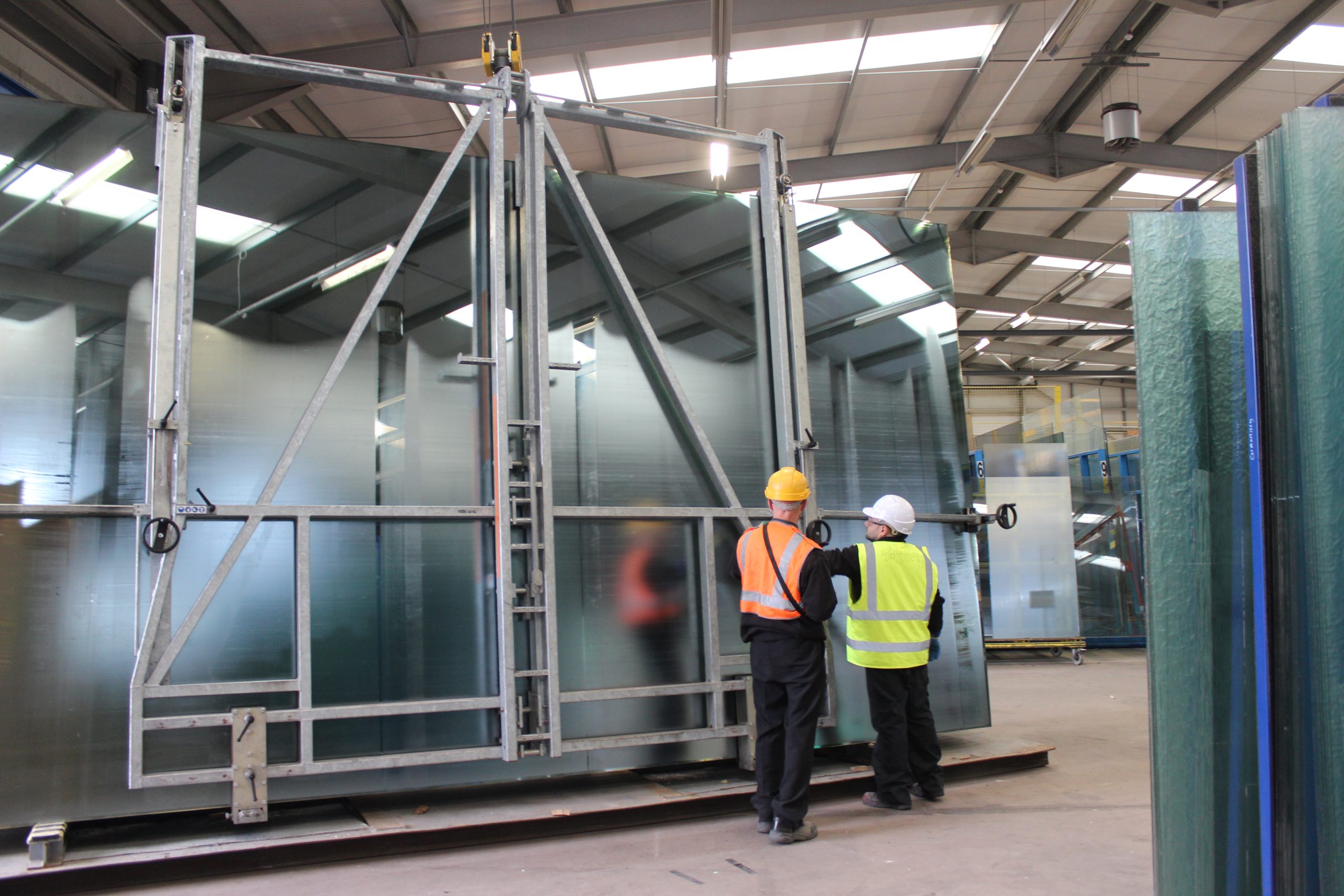Cornwall Group chair Mark Mitchell argues that poor consumer confidence shouldn’t result in poor business activity.
The news that consumer confidence dipped in September will take the wind out of some people’s sails.
Analysts believe the government’s pessimistic view of the nation’s finances in the lead up to the Budget in October has dissuaded homeowners from making big purchases.
As a result, we are seeing that things remain on hold, even though we expected things to start picking up after the election. But uncertainty continues to prevent homeowners and other investors from spending money. Whether it’s Brexit, Covid, wars, elections – there is always something that affects the way we approach investment.
For example, right now, we’d like some certainty over minimum wage increases. These could go up significantly from April next year, but we need to start preparing now to avoid getting caught off guard. Our wage bill is our largest outgoing, and a 10% increase could have a significant impact on our finances.
But I believe you shouldn’t be a slave to poor consumer confidence. As I said, the market hasn’t truly been unfettered for many years now, and if you were to base your business decisions on the month-by-month snapshots of consumer activity, then I don’t think your business will reach its full potential.
So, what can you do to overcome poor consumer confidence? There is no magic bullet, but there are strategies you can employ to put you on a more competitive footing.
Communication
Maintaining an open dialogue with suppliers and customers is vital. It is surprising how many businesses batten down the hatches and only look inwards when times are difficult. But the benefits of openness and transparency are too numerous to list here.
In a nutshell, though, openness fosters trust, and as we saw in the months following Covid, trust and partnerships can help you overcome many obstacles.
Over the summer, I spent a great deal of time meeting customers of the Cornwall Group, especially new ones we are getting to know following our acquisition of Forward Glass in Birmingham. By investing in time with our downstream partners, I was able to get to know their strengths, their view of the market, and how we can help them with their ambitions.
This allows to improve our overall customer service, to ensure that what we provide is fully tailored to what businesses require. I don’t think the importance of this sense of connectivity can be overstated.
Quality
Part of your trust-building exercise is to ensure that your product quality is up to scratch. We work closely with our supply partners, such as glass manufacturers, to develop a product range that performs well for energy efficiency, solar control, acoustics, etc.
We couldn’t do this if we were to spot buy – attempting to get cut price deals on all glass products on a week-by-week basis. Instead, our suppliers understand our ongoing needs, and support us where required. And we deliver this same service to our customers, investing in machinery, colleagues and infrastructure to achieve this. Did you know that for every £1 of profit in 2023/24, we invested £3 in the business? This is because we know how important investment is in product quality and customer satisfaction.
Stability
This leads me on to the financial stability of both suppliers and customers.
In recent years. We have seen how damaging an unstable supply chain can be. Our accounts are transparent, and we are prepared to invest. This is more straightforward for us as a family-owned business, because we are happy to see profits ploughed back into Cornwall Group for its long-term success.
Companies that are owned by private investment companies may not take this same view. They are structured to make a good profit over a short period of time – let’s say five years – which means any up-front investment won’t make a significant impact on the bottom line before they sell the business on. As a result, assets are sweated, potentially beyond their effective life-span, which could affect product quality.
These are just three areas which are worth paying attention to when the market isn’t as buoyant as you’d like, because even if you get less-than-positive news, you are more likely to be prepared to meet it head on. And when the market does pick up again. You are already positioned to capitalise on it.

For more information, please call 01726 66325 email info@cornwallglass.co.uk or log on at www.cornwallglass.co.uk .

